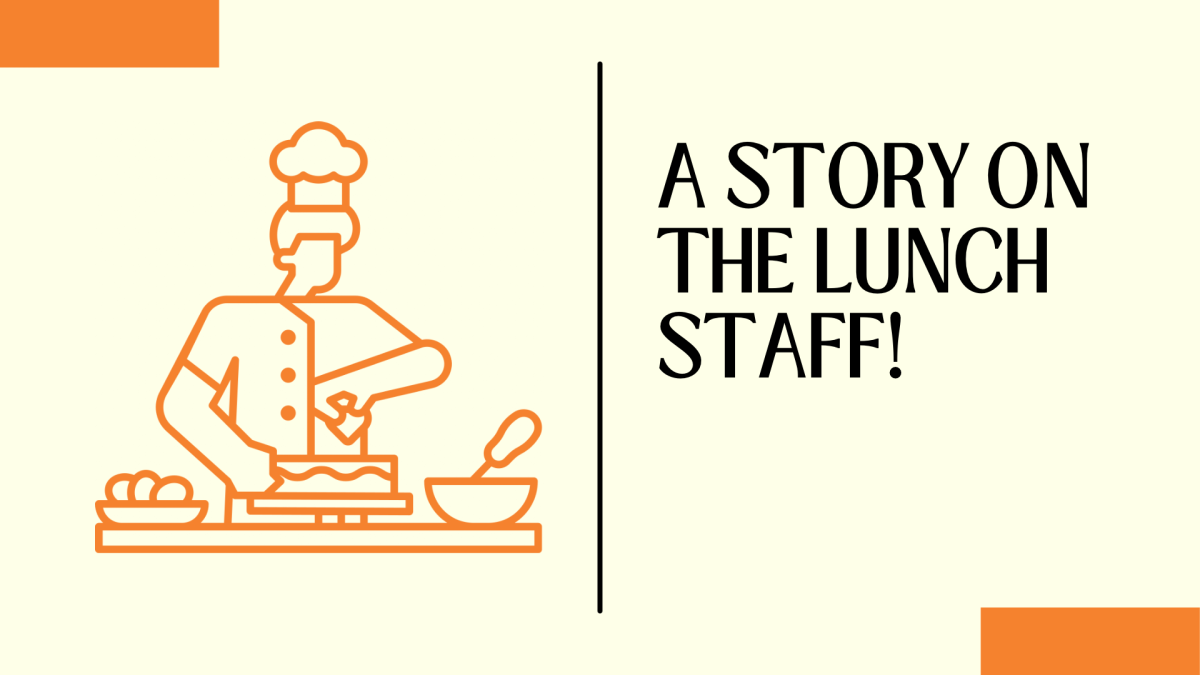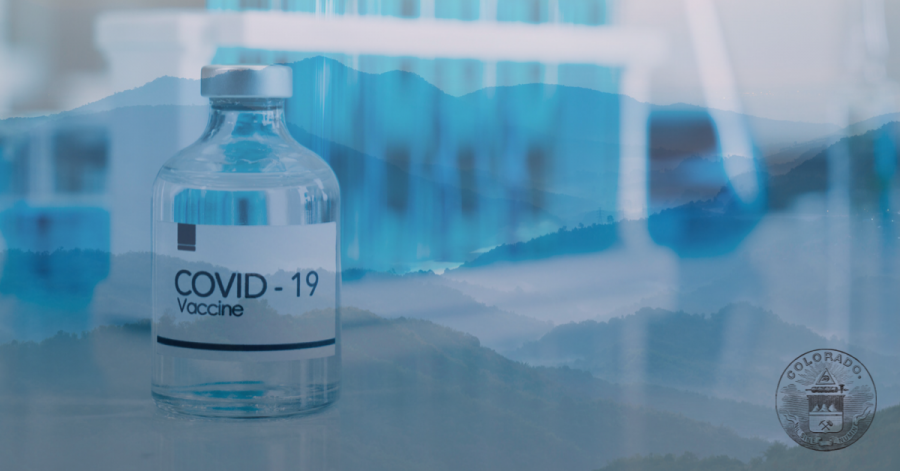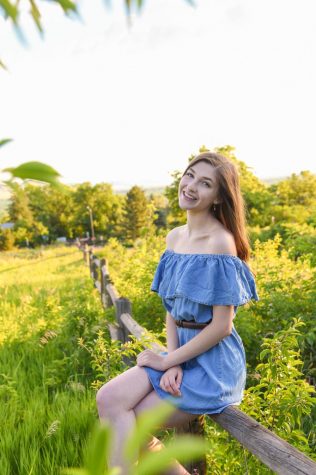The Commencement of Corona Virus Vaccines
February 5, 2021
With COVID-19 vaccines starting to be distributed in Erie, and the possibility of getting them just around the corner for students and teachers, many questions and opinions are inevitably arising.
Local resident Meredith Worthmann shared her experience getting her first of two injections of the vaccine. “The whole thing was really well organized and very careful, being very careful that you were distanced from people. And I felt very comfortable.”
372,200 Colorado residents have already received their first dose of the vaccine. Worthmann explained that after the shot she had no reaction “except the little bit of a sore arm.”
While many people, like Worthmann, jumped on the opportunity to get the vaccine as soon as possible, there are other locals who are happier to wait a while to get the vaccine. Wendy Hood, an Erie High parent, has a history of autoimmune diseases and is nervous about the effects the vaccine may have on her. “When you are A&A positive your body has trouble determining between self and non-self, and I’m just concerned how my own body would react.”
While Hood may have a worse reaction than others from the vaccines, she has decided that protecting her family from getting it outweighs the potential negative effects. She cannot get the vaccine until the second or third wave, so she is happy she is able to wait until spring or summer and see how others with similar health conditions react to the vaccine so she knows what to expect.
There are many people who are opposed to vaccines for personal or medical reasons. Many parents are against vaccinating their children due to the believed potential development and health issues they can cause. Others are also worried about allergic reactions due to a history with medication and vaccines. Many recent hesitations with the COVID-19 vaccines come from a mistrust in the government or the developers of the vaccine. Many people are concerned that developers are more concerned with making money fast than the safety of the vaccines, creating a lack of trust in the ingredients and timeframe of the vaccine. A Gallup Panel surveying October found that “42% of Americans” will not be getting the vaccine due to the timeline they were made on. This was an 8% increase from when they did the same poll in July.
A Facebook video shared over 27,100 times, among other sources discussing the vaccine and Bill Gates, have led many to believe that the vaccines are a cover-up in order to inject Americans with tracking devices. A poll from Yahoo News found that 28% of adults believe in this conspiracy theory.
In a CBN interview with Jay Walker, the executive chairman of Apiject, a company that has been asked to make syringes for the COVID-19 vaccines, he explains that the theory may have started due to the syringes labels. Radio Frequency Identification (RFID) chips can be used like a barcode to keep track of vaccines, Walker says it is “purely optional, however and the US government hasn’t even decided if they’re going to use it.”

Dr. Lindsay Cook, who got her PharmD from Western New England University and currently works in Massachusetts, shared her opinion on the vaccine and answered many of the things we all may be wondering, including the efficiency of the vaccine. “You’re talking the mid 90% for effectiveness, even after just one dose you’re at like 93-94%, and that second dose gets to the extra two to that 95-96% range”. A big question she addressed is how effective it will be long term. “It’s known that those antibodies don’t stick around forever, so there are people who tested positive for the antibodies in the spring and then negative again in the fall or winter. So the question is, ‘is that same thing gonna happen from the vaccine, or is that only from getting the virus directly’”.
Cook also discussed which groups should be cautious about being vaccinated, those with autoimmune issues, and women who are pregnant or nursing. She further explained the concern is; “not because I think that it really would be harmful to the fetus or to the breastfeeding baby, but because we don’t know if it could be… If I think about how the vaccine works, how the mRNA vaccine works, and it develops the antibodies against spike protein. There’s no reason to believe that would affect the baby but we don’t know.”Cook is pregnant and plans to get the vaccine very shortly after she has her baby in July.
One last concern Cook addressed is whether or not the vaccine covers all strains of COVID-19 and if the vaccine-development process was rushed. She assures that thus far, the vaccine is effective against all variants and strains of COVID. While she agrees the time frame of testing and manufacturing the vaccine was very short, that is because we have the technology nowadays to create an effective vaccine in the time period we did. “If you look into it more, this mRNA technology has actually been looked at for close to a decade. So it’s not a brand new thought, they’re just finally using it to produce something.”
We are sure to learn more about vaccines as time goes on, but for now, they are sure to stay very prevalent in our lives for the foreseeable future.







































Cammie Arneson • Mar 12, 2021 at 3:35 pm
Thank you, Amy, for sharing. I have received both of my vaccinations. Hopefully, all will go well for your Mom when she gets the vaccine.